Our Approach: A Science-Based Framework for Increasing Kind Behavior
At the Science of Kindness Community Collective, we use an integrated framework to understand and increase kind behavior.

Reasoned Action Approach Model
- The Reasoned Action Approach (RAA) explains why people engage in kind behavior. It identifies the beliefs that shape attitudes, perceived norms, and perceived behavioral control—all of which predict intentions to do kind behavior.
- From the Integrated Model of Behavioral Prediction, we incorporate two key moderators:
- Skills – Does the person have the knowledge, emotional capacity, and communication ability to act kindly?
- Systems – Does the environment support or constrain kind behavior (e.g., leadership, policies, social support, time, safety)?
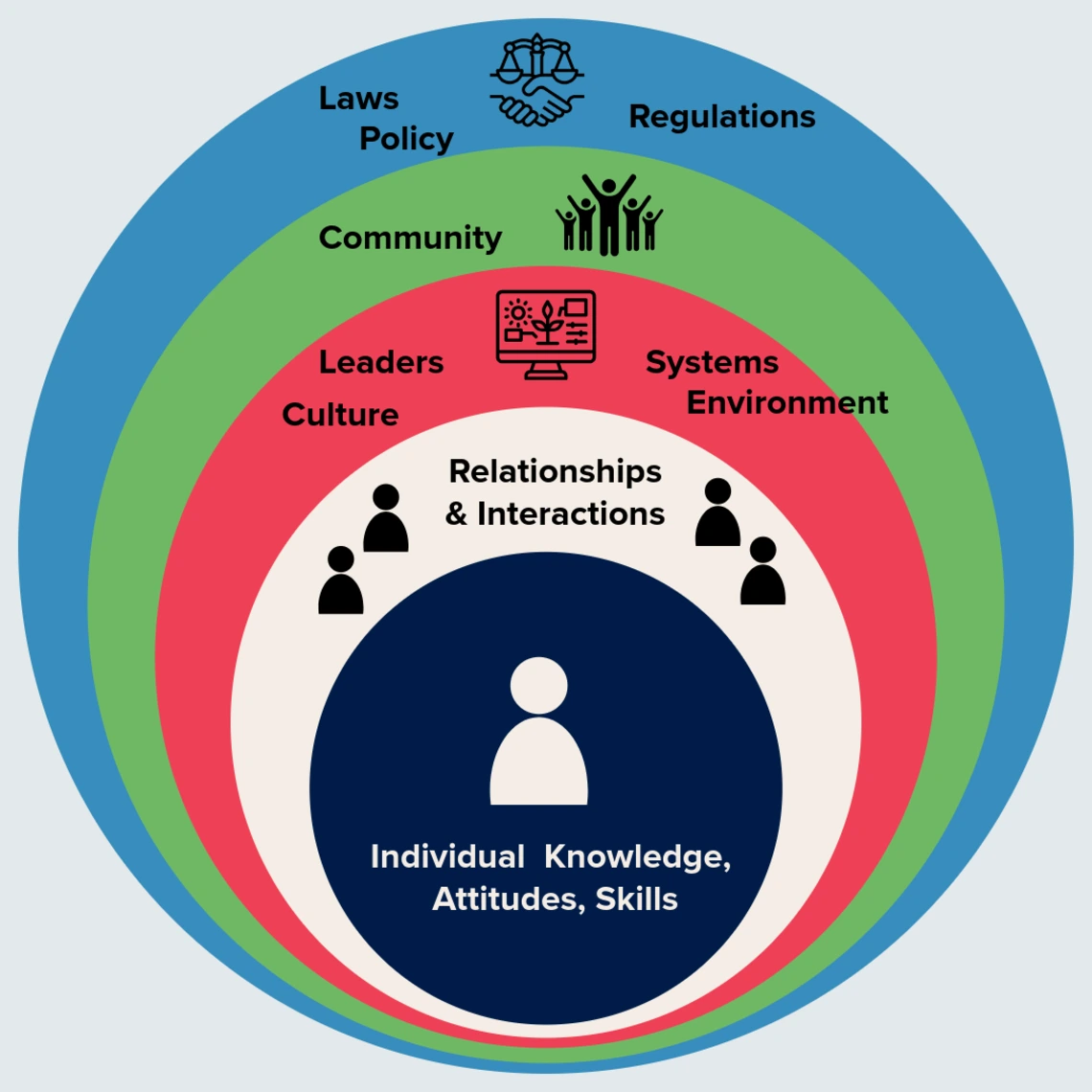
Social Ecological Model
The Social Ecological Model (SEM) helps us understand where to intervene—at the individual, relational, organizational, community, and societal levels.
By combining these models, we create interventions that are:
· Targeted at the beliefs and behaviors most likely to shift,
· Supported by skill-building and system change,
· Tailored to the environments where people live, work, and learn.
This framework allows us to design, implement, and evaluate real-world programs that reduce harm and increase connection through kindness.
Kindness Research Across Campus: A Collaborative Web of Insight
Kindness is often embedded in research that doesn’t use the word “kindness.” We highlight university scholars whose work contributes to different parts of our model—from shaping social norms to developing skills, to influencing systems.
Each scholar helps us understand kindness better and implement interventions to increase kind behavior more effectively. Here’s how their work connects to our model:
Contributors to the Science of Kindness Model
Each of these University of Arizona scholars contributes to understanding, supporting, or enabling kind behavior—whether by shaping beliefs, shifting norms, building skills, or improving systems.

Dr. Jessica Andrews-Hanna
Department of Psychology
Model Contribution: Confidence/Skills – Self-Awareness + Emotional Regulation (RAA); Individual + Relational Levels (SEM)
Dr. Andrews-Hanna researches internal mental processes like self-reflection and mind-wandering, revealing how they relate to empathy, social understanding, psychological safety psychological safety and well-being.
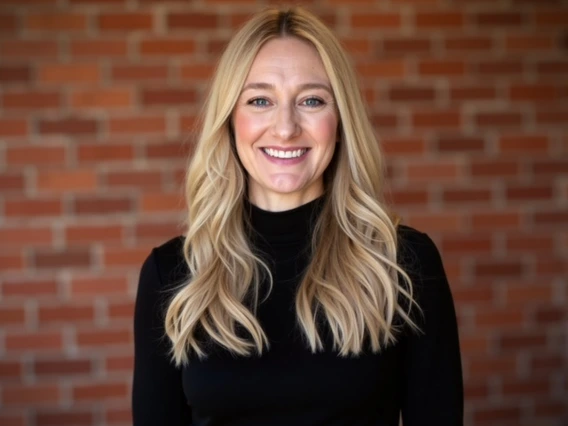
Dr. Sarah Doyle
Eller College of Management
Model Contribution: Confidence/Skills – Emotional Intelligence + Leadership Development (RAA); Individual + Organizational Levels (SEM)
Dr. Doyle studies interpersonal and team dynamics in organizations, focusing on what enables helping, vulnerability, and mutual respect in competitive, high-achieving environments. Her research explores how individuals can pursue success in ways that bring others up with them, challenging the notion that success must be zero-sum.

Dr. Altaf Engineer
School of Architecture
Model Contribution: Systems – Built Environment (RAA); Community + Structural Levels (SEM)
Dr. Engineer studies how architecture impacts human health and social connection. His work shows how physical space design can support or inhibit kind behavior.
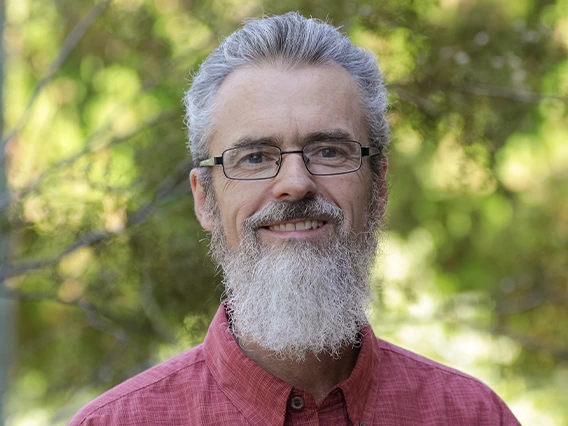
Dr. Jake Harwood
Department of Communication
Model Contribution: Norms + Intergroup Understanding (RAA); Community + Societal Levels (SEM)
Dr. Harwood studies communication across group differences, such as age, race, and culture. His work deepens our understanding of how intergroup contact can reduce bias and foster kinder interactions.
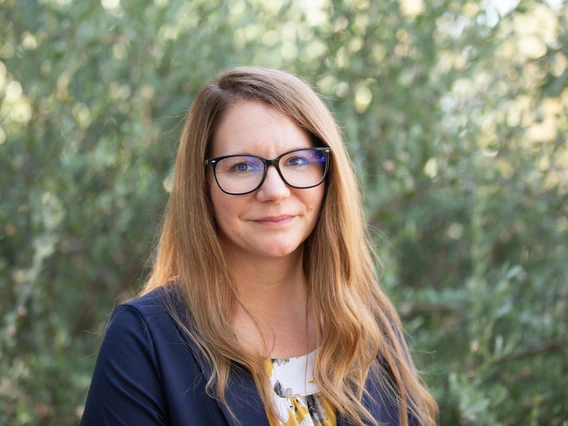
Dr. Carrie Langley
School of Sociology
Model Contribution: Systems – Policy, Power, and Social Determinants (RAA); Societal + Community Levels (SEM)
Dr. Langley examines how social systems—such as policy, healthcare, and institutional practices—shape individual and community well-being. Her research highlights the structural conditions that enable or constrain kindness, especially in marginalized communities.

Dr. Erin Paradise
Eller College of Management
Model Contribution: Confidence/Skills – Communication + Inclusion Practices (RAA); Organizational + Community Levels (SEM)
Dr. Paradise focuses on compassionate and inclusive leadership, organizational behavior, the science of gratitude, workplace communication, and diversity initiatives. Her work informs how organizations can build climates of belonging by strengthening the communication skills, gratitude practices, and cultural competencies that support kind, inclusive behavior.

Dr. Thaddeus Pace
College of Nursing / Psychology
Model Contribution: Attitudes + Self-Kindness (RAA); Biological + Individual Levels (SEM)
Dr. Pace bridges psychology and immunology, studying how mindfulness and compassion influence stress, inflammation, and healing. His research informs the health benefits of self-directed kindness.

Dr. Margaret Pitts
Department of Communication
Model Contribution: Communication Skills + Cultural Norms (RAA); Relational + Community Levels (SEM)
Dr. Pitts examines how people build meaning and connection through everyday communication. Her research on communication savoring encourages intentional reflection on moments of kindness and relational closeness.
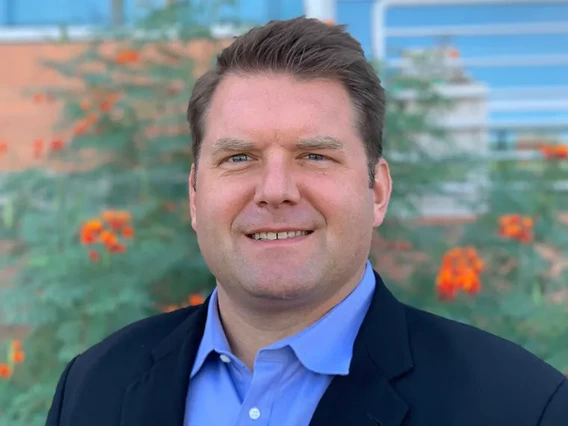
Dr. Nathan Podsakoff
Eller College of Management
Model Contribution: Norms + Organizational Behavior (RAA); Organizational Level (SEM)
Dr. Podsakoff investigates citizenship behavior and workplace dynamics, shedding light on how organizational norms and expectations influence prosocial and cooperative behavior.
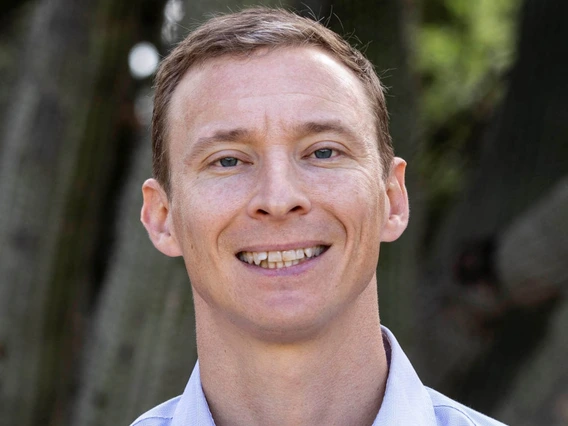
Dr. Stephen Rains
Department of Communication
Model Contribution: Systems – Communication Channels + Social Support (RAA); Relational + Structural Levels (SEM)
Dr. Rains studies how people seek and provide social support through both digital and face-to-face communication. His work helps us understand how communication systems shape the ways kindness is offered and experienced.

Dr. Katina Sawyer
Eller College of Management
Model Contribution: Systems – Workplace Equity, Leadership Norms (RAA); Organizational Level (SEM)
Dr. Sawyer’s research focuses on workplace inclusion, moral courage, and organizational justice—highlighting how leadership and equity shape the systems that support or inhibit kindness.
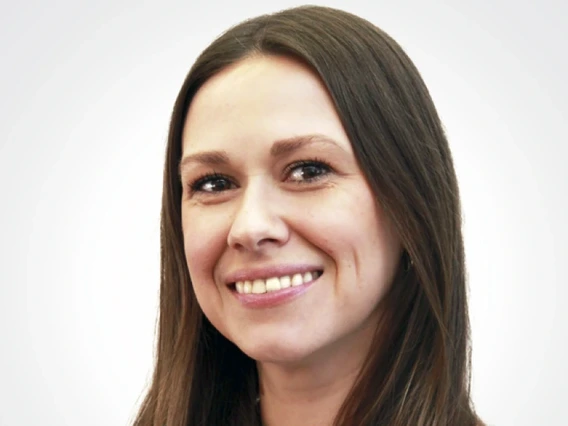
Dr. Milla Titova
Department of Psychology
Model Contribution: Attitudes + Self-Kindness (RAA); Individual Level (SEM)
Dr. Titova studies well-being and meaning in life, including how social connection influences psychological flourishing. Her work helps shape attitudes toward kindness as a foundational behavior.

